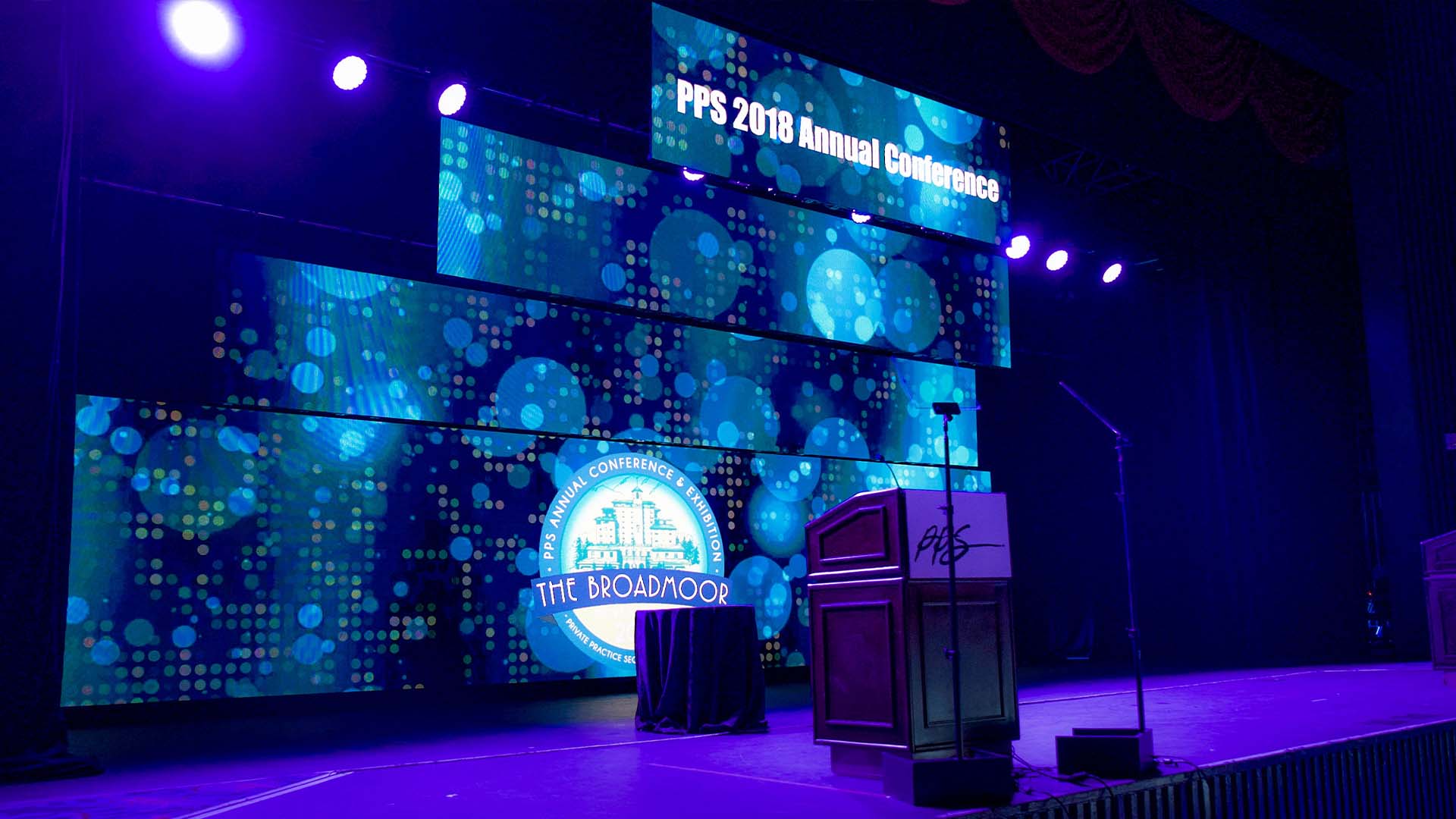Comprehending How Events Production Works: A Comprehensive Summary of the Refine
The ins and outs of event production need a methodical approach that integrates multiple phases, each playing a crucial function in the overall success of an event. Understanding the nuances of budgeting, source appropriation, and on-site monitoring is crucial for any kind of specialist in this area.
Preliminary Planning and Concept Development
Reliable first planning and concept development offer as the structure for successful events manufacturing. This phase includes defining the occasion's objective, target audience, and desired outcomes. A clear vision is crucial; it overviews all subsequent decisions and aids line up the team's initiatives towards a typical goal.
Throughout this phase, brainstorming sessions can be very useful. Involving stakeholders, including customers, enrollers, and potential participants, promotes a collaborative environment that creates ingenious concepts. Furthermore, extensive market research ought to be conducted to recognize trends, choices, and prospective obstacles.
When the concept is developed, it is essential to develop an in-depth event synopsis. This summary should include the occasion's style, layout, and essential tasks. Establishing a timeline is just as essential, as it aids to manage deadlines and jobs efficiently.
Budgeting and Source Allotment
With a strong concept in position, focus should transform to budgeting and source allotment, which are crucial components in performing the occasion efficiently. A well-defined budget plan offers as a roadmap, detailing all expected prices and available resources. It starts with determining dealt with and variable expenses, including location service, event catering, technology, staffing, and advertising. Each classification must be diligently computed to stay clear of overspending and to ensure that funds are allocated appropriately.
Resource allocation involves appointing both economic and human resources to various jobs and parts of the event. Prioritization is key; important components must obtain ample funding while much less essential elements might call for a much more traditional strategy. Contingency planning is essential-- alloting a part of the budget for unexpected expenses can reduce monetary risks.
Additionally, reliable communication amongst group members relating to budget restraints fosters collaboration and advancement. This advertises the liable usage of sources and urges innovative services to remain within budget. Eventually, a critical technique to budgeting and source allotment prepares for an effective occasion, allowing organizers to concentrate on supplying an unforgettable experience for participants while preserving monetary honesty.
Logistics and Sychronisation
Navigating the intricacies of logistics and sychronisation is crucial for the seamless implementation of any type of event. This stage includes meticulous planning and company to make sure that all parts operate in consistency. Secret elements consist of venue choice, transport setups, and the scheduling of different tasks.
This consists of recognizing the design, access points, and readily available resources. Coordinating these elements requires partnership with suppliers, vendors, and transport services to guarantee prompt distributions and pick-ups.
An additional important element is the advancement of a detailed timeline that outlines all logistical components leading up to the event. This timeline serves as a roadmap, detailing vital turning points and target dates for jobs such as tools configuration, providing services, and audiovisual installations. Routine communication with all stakeholders is crucial to address any possible problems proactively.
Execution and On-Site Administration
Effective implementation and on-site monitoring are crucial for changing precise plans right into truth during an occasion. Their capability to make real-time choices can significantly influence the occasion's success.
A well-defined timetable is necessary, acting as a roadmap for all activities. Event managers should make certain that setup occurs promptly, sticking to timelines for sound checks, catering shipments, and visitor arrivals. Reliable analytical skills are also vital; go to this site unforeseen difficulties can arise, requiring quick reasoning and flexibility to maintain the event's flow.
This degree of engagement not just boosts the total experience yet additionally shows the professionalism and trust of the occasion group. Inevitably, effective execution and on-site management joint on detailed preparation, effective interaction, and a commitment to delivering a remarkable occasion for all included.

Post-Event Examination and Feedback
The conclusion of any kind of occasion lies not only in its execution yet additionally in the comprehensive examination that adheres to. Post-event evaluation is vital for establishing the overall success of the event and determining areas for enhancement. This procedure typically involves gathering comments from different stakeholders, consisting of guests, suppliers, and employee, to obtain a comprehensive perspective on their experiences.
To structure the assessment, event organizers typically use interviews and surveys, focusing on essential performance indicators such as attendee complete satisfaction, logistical effectiveness, and budget plan adherence. Evaluating this data allows planners to assess whether the event met its objectives and to understand the toughness and weak points of the implementation.
By systematically attending to feedback and applying modifications, occasion professionals can boost their approaches, eventually leading to more impactful and successful events. In final thought, post-event evaluation is an important action in the occasion manufacturing process that ensures ongoing development and excellence in future undertakings (Event Source Productions).
Conclusion

The complexities of occasion manufacturing demand a systematic approach that incorporates numerous phases, each playing an essential duty in the total success of an occasion.With a solid principle in area, interest needs to turn to budgeting and resource allowance, which are vital components in executing the occasion effectively.Resource allocation entails assigning both human check this site out and monetary resources to numerous tasks and elements of the event. Ultimately, a tactical technique to budgeting and resource allocation lays the foundation for an effective occasion, making it possible for planners to focus on supplying a remarkable experience for participants while maintaining monetary integrity.
